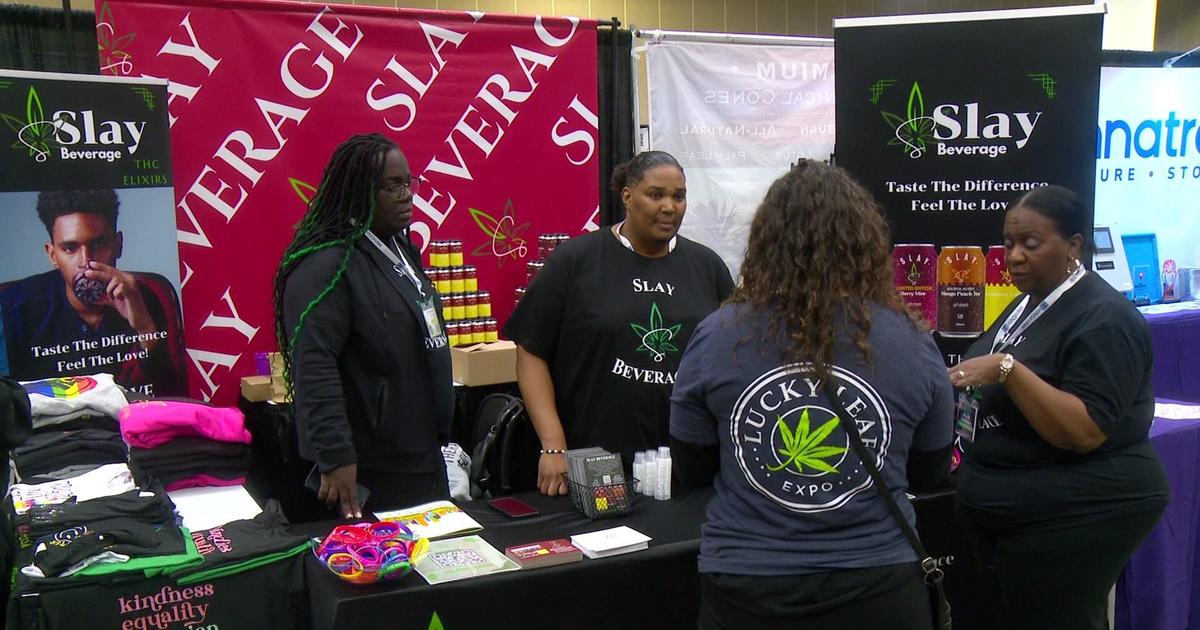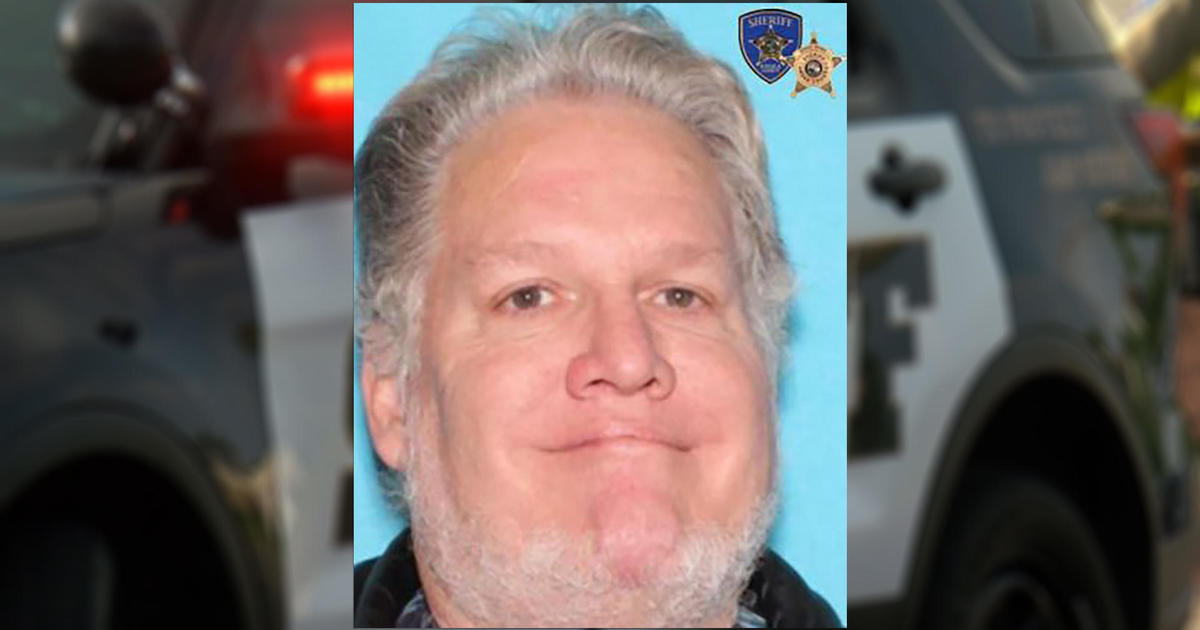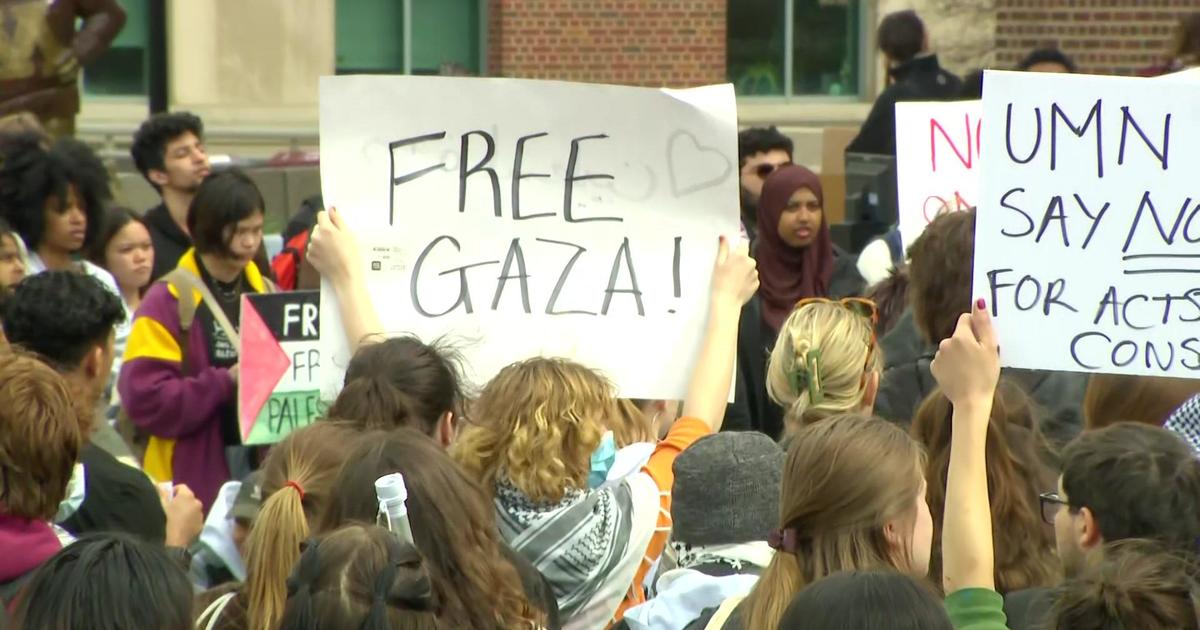De-Escalation & Rights: Officers Get Training On Dealing With Protesters
ST. PAUL, Minn. (WCCO) -- Officers in St. Paul are trying to learn from the recent protests in the city.
More than 1,100 officers from agencies across the east metro were taught Thursday how to deal with large crowds, especially during emotionally charged protests.
In the past few months, St. Paul police officers have faced several large scale protests, where some of the people participating have been less than kind to officers.
"The toll of being berated and scrutinized and talked down to up to 10, 12, 15 hours a day really can't be under estimated," said Senior Cmdr. Steve Frazier.
In order to facilitate the right of the people to protest, officers went through crowd management training.
"Our goal is to make sure that the protesters, the public in general, and the officers are well taken care of," Frazier said.
The training was done in multiple phases.
Classroom work dealt with understanding people's rights to express themselves.
"We don't engage or control or curb protesters' behavior," Frazier said. "What we try to do deal with is the life safety and criminal aspect that pops out of some of those protests."
From there, they moved to field training exercises.
"It's all about being prepared," Frazier said. "When officers are prepared, they perform better, they react to situations better, and I think the outcomes are better."
Officers learned first-hand how to engage in de-escalation tactics designed to treat protesters with respect and keep officers out of harm's way.
Officers were also walked through the employee assistance program designed to help them stay mentally and emotionally fit.
The goal is to make sure every officers in the department is trained, so when protests arise, they can serve as backups for the mobile field unit, that's called out to deal with protest.



